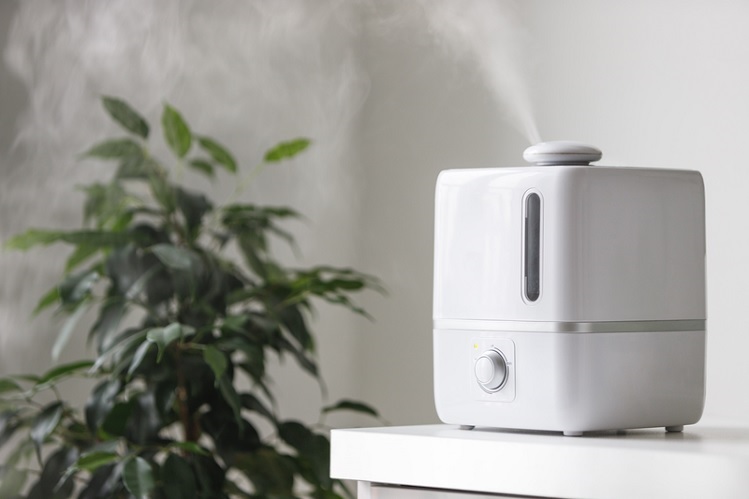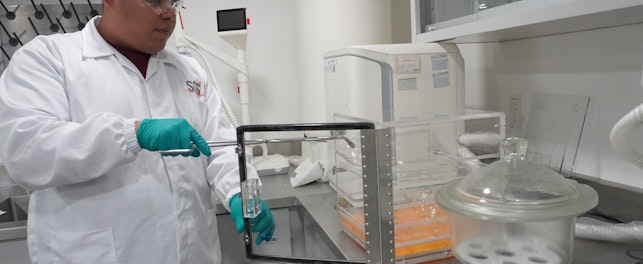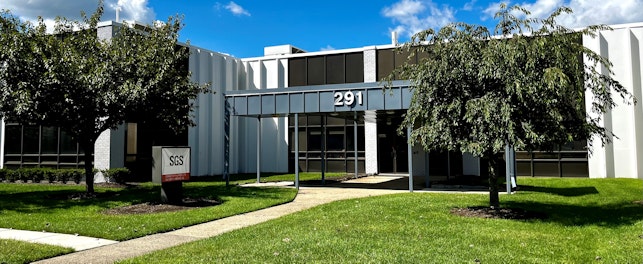COVID-19 has made many consumers consider the quality of the air they breathe. While some claims of protection against the virus have been questioned, there is no doubt air purifiers provide a sensible solution to the problems of pollution in urban environments.1

Air Purification
Manufacturers of air purifiers have reported considerable growth in sales in the wake of the pandemic. This has been driven by both fears over the disease and the fact many people have been forced to leave their offices and begin working at home.2
An important question for many consumers is, how effective are air purifiers at protecting them from the Coronavirus?
The US Environmental Protection Agency (EPA) states: “air cleaning and filtration can help reduce airborne contaminants, including particles containing viruses.” It goes on to state that portable air purifiers are very useful when, “additional ventilation with outdoor air is not possible without compromising indoor comfort (temperature or humidity), or when outdoor air pollution is high.”3
The key to air purification is effective filtration. For the air purifier to offer any benefit in terms of Coronavirus removal, it must be capable of removing small airborne particles (smaller than 0.5 um).
Manufacturers can make claims regarding efficiency in two primary ways:
- Room Purifiers: Clean Air Delivery Rate (CADR) rating system (AHAM AC-1 or equivalent regional standards)
- Indicating the use of High Efficiency Particulate Air (HEPA) level filtration via a variety of international standards
The EPA recommends consumers look for the following points when considering an air purifier for filtering viruses from the air:
- Get a unit that is right for the space – manufacturers will typically indicate this by area, based in the CADR (AHAM AC-1)
- Choose a unit with a high CADR rating for smoke (as opposed to pollen or dust)
- Choose a designated HEPA unit
- Choose a unit that filters particles in the 0.1-1 um size range4
Some manufacturers and consumer groups have questioned the overall effectiveness of air purification in terms of COVID-19 protection. They state that even an HEPA system with ultra-violet lamps may not be fully effective in real world situations because of factors such as:
- Size of room
- Number of air changes
- Condition of the filter
- Age of the lamp5
Even without the ability to fully protect consumers from the Coronavirus, efficient air purifiers still have multiple benefits in terms of removing gases and trapping allergens (pollen, smoke particles, dust). Especially in an urban or polluted environment, effective air purification gives consumers the opportunity to breathe fresh air.
Climate Control
Filtration also plays an important part in maintaining ventilation and temperature in the home. Air filters are an integral part of any heating, ventilation and air conditioning (HVAC) system. These provide homeowners with considerable benefits in terms of creating a pleasant climate. A key factor in their effectiveness is their ability to remove contaminants.
Whether the consumer chooses a filtration system to simply purify the air, or the air filter is a component part of an HVAC system, for consumers the important factor is efficiency. They want to know they can trust the product has been properly tested to ensure efficacy. In the case of HVAC filters, this means a performance rating determined by either ASHRAE 52.2 or ISO 16890. After all, in the end, a product is only trusted because it’s tested.
Manufacturers must ensure their products are tested to the highest standards of efficiency and effectiveness. A comprehensive testing regime will include:
- Filtration efficiency with and without electrostatic discharge
- Filter life/capacity
- Resistance to flow
Consumers will develop brand loyalty to a product that can demonstrate it will meet or exceed their expectations. This gives manufacturers an advantage, thereby allowing them to build their market share.
SGS Household Filter Solutions
SGS provides manufacturers with a comprehensive range of testing solutions for air filtration. Utilizing a global network of testing facilities, we can help manufacturers test:
- Room air purifiers (efficiency and CADR) performance of initial qualification testing
- Vacuum cleaners (filtration and performance)
- HVAC filtration
Our specialists will ensure compliance with regulatory standards and consumer demands for efficiency. In addition, we can offer accredited testing services for the declaration and verification of claims relating to European Union EcoDesign and Energy Label regulations.
For more information, download our SGS Household Filters and Filtration Appliances Flyer.
For more information, please contact:
Susan Goldsmith
Director, Global Business Development Filtration
t: +1 (517) 315-7670
References
1 Coronavirus: can an air purifier protect you?2 Global Air Purifier Market Report 2021-2028: Stay-at-Home (SAH) and Work-from-Home (WFH) Norms have Boosted the Demand
3 Air Cleaners, HVAC Filters, and Coronavirus (COVID-19)
4 Air Cleaners, HVAC Filters, and Coronavirus (COVID-19)
5 Coronavirus: can an air purifier protect you?



